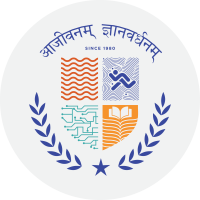Principal's Note

Principal's Note
Education is not the filling of a pail, but the lighting of a fire.” – William Butler Yeats
At Prarambhika, education goes beyond books and classrooms. We are committed to the holistic development of our students, nurturing their intellectual, emotional, physical, and creative growth. Our aim is to empower every child to discover their unique potential and contribute meaningfully to the world around them.
We believe that true education is rooted in values. We emphasize integrity, respect, empathy, and responsibility, instilling in our students a strong moral compass to navigate life’s challenges. Our curriculum integrates academic excellence with co-curricular activities, fostering critical thinking, creativity, and collaboration.
Holistic development is at the core of our philosophy. Through sports, arts, community service, and experiential learning, we cultivate life skills such as resilience, leadership, and teamwork. We encourage our students to explore their passions, think independently, and make informed choices.
In an ever-changing world, we prepare our students not just to adapt but to lead. Inspired by the words of Mahatma Gandhi, “Be the change that you wish to see in the world,” we strive to create responsible global citizens who are ready to make a positive impact.
Together, as educators, parents, and learners, we aim to create a nurturing and stimulating environment where excellence thrives and dreams are realized.
Warm regards,
Ritu Srivats
Principal, Prarambhika

